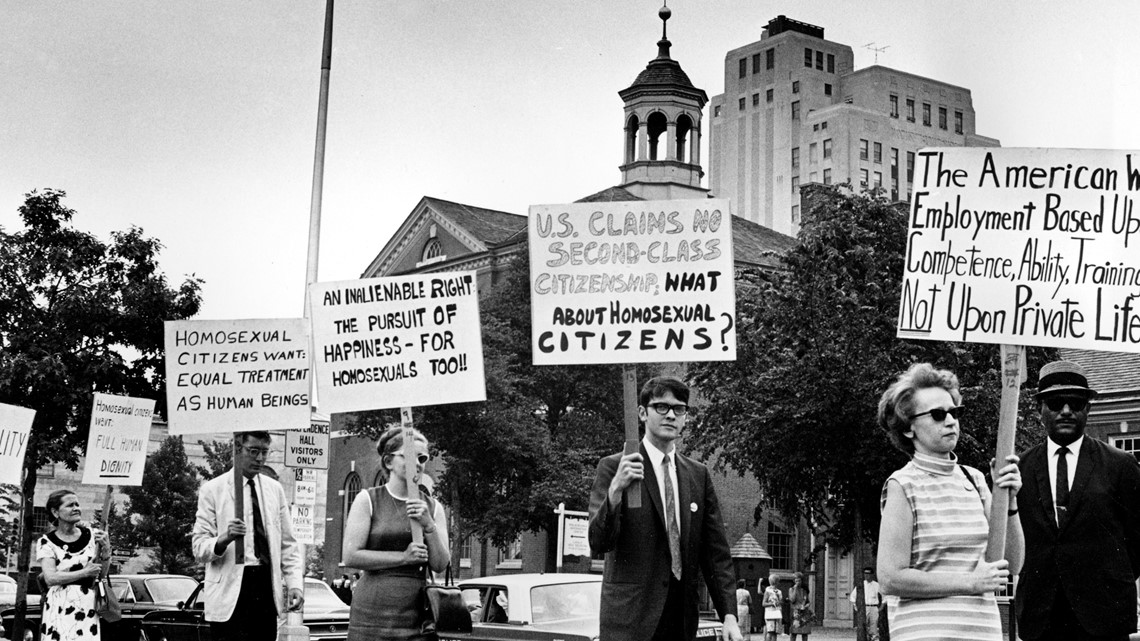
Despite the ACLU crediting the Stonewall Rebellion to transgender women of color, most traces of trans and queer people were removed from the National Park website.
NEW YORK — The National Park Service has removed references to transgender people from its website for the Stonewall National Monument in the wake of President Donald Trump’s executive orders rolling back rights for transgender people.
The Stonewall riots are considered a major catalyst in the LGBTQ+ rights movement in the U.S.
“This is just cruel and petty,” said New York Gov. Kathy Hochul in a social media post. “Transgender people play a critical role in the fight for LGBTQ+ rights — and New York will never allow their contributions to be erased.”
The page once used the acronym LGBTQ+ but is now replaced with LGB — lesbian, gay, bisexual. Some linked pages still reference transgender people.
The American Civil Liberties Union notes the uprising was led largely by transgender women of color, including activists Marsha P. Johnson, Miss Major Griffin-Gracy and Sylvia Rivera.
“They can remove LGBTQ from every document, every website, every inch of the federal government… but they cannot erase us,” said the The Stonewall Inn Gives Back Initiative. “They cannot erase our pride, our joy, our spirit, and our resilience.”
It’s unclear how much, if at all, the language on-site at the Stonewall National Monument will change due to Trump’s order.
In his first weeks in office, Trump has also tried to bar people under 19 years old from having access to gender-affirming care, banned transgender athletes from competing in sports, and banned transgender people from serving in the military.
What were the Stonewall riots?
The Stonewall Inn in the Greenwich Village neighborhood of New York City was one of the area’s most popular gay bars in 1969, according to the Library of Congress. And at that time, homosexuality was defined as a mental illness and some state sodomy laws were rewritten to target same-sex couples, according to the ACLU.
New York Police Department officers raided the inn June 28, 1969, prompting immediate clashing between LGBTQ+ activists and police. The protests, known at the Stonewall Rebellion or Stonewall Riots and included thousands of participants, lasted six days and ended with 13 arrests.
While it wasn’t the only protest, nor the first time LGBTQ+ people were discriminated against and targeted by police, it was celebrated the very next year with the first Gay Pride Liberation March in Manhattan, according to the Stonewall Veterans’ Association.
Pride parades and Pride Month are a direct result of Stonewall.




